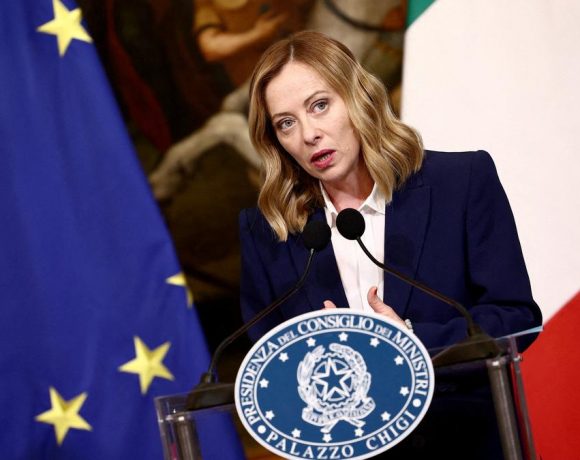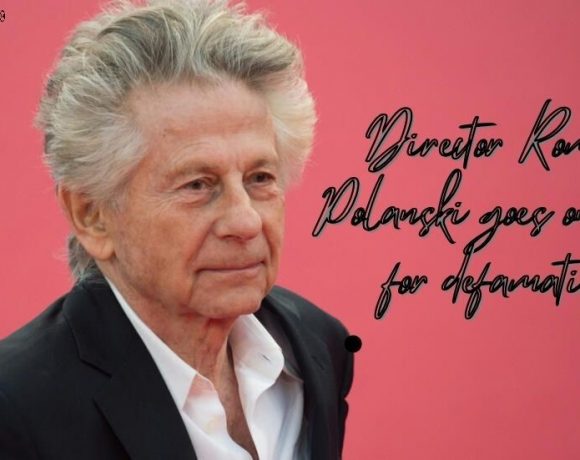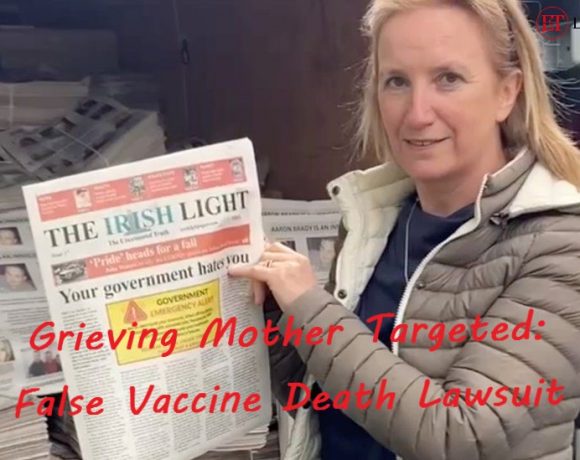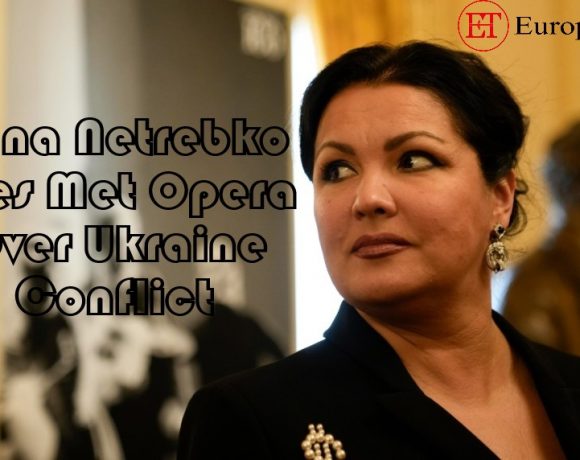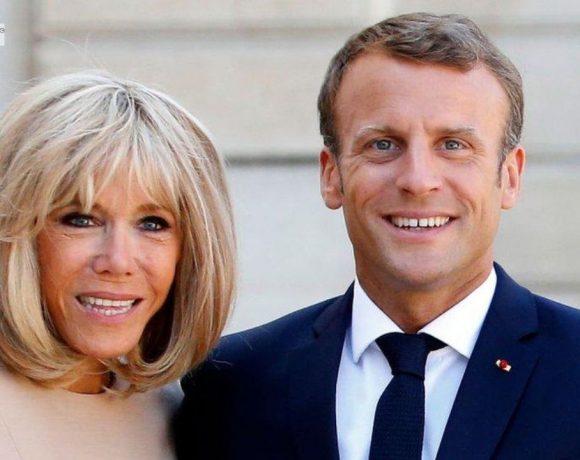
A Paris court has found ten individuals guilty of cyber-bullying Brigitte Macron, the wife of French President Emmanuel Macron, for spreading false claims about her gender and sexuality and making derogatory remarks about the couple’s 24-year age difference. Most defendants received suspended prison sentences of up to eight months, while one was jailed immediately, and several had their social media accounts suspended.
The court noted that the eight men and two women acted with a clear intent to harm, issuing degrading and insulting online comments. Two of the defendants had previously been found guilty of slander in 2024 for bizarre claims regarding the first lady but were later cleared on appeal. The Macrons plan to take that case to the high court of appeal. Brigitte Macron’s lawyer emphasized the importance of preventive courses and account suspensions to curb future attacks.
The ruling highlights the personal impact of online harassment, with Brigitte Macron’s daughter testifying that the cyber-bullying affected her mother’s health and lifestyle and also disrupted her grandchildren’s lives. The verdict precedes a larger US defamation lawsuit the Macrons have filed against right-wing influencer Candace Owens, who has perpetuated similar conspiracy theories about the first lady’s gender.
Pic courtesy: google/ images are subject to copyright

